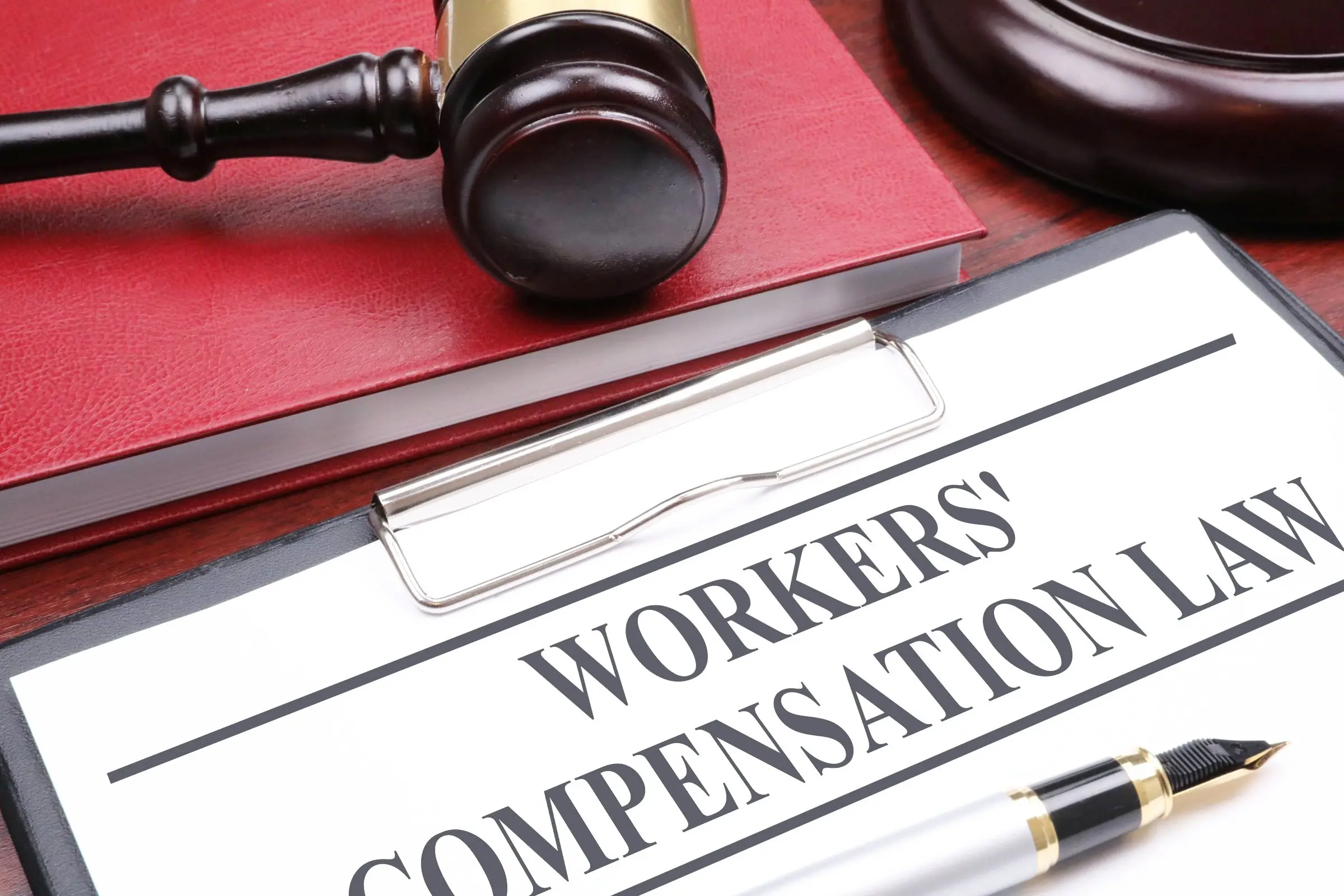Employees can sue employers for ill-treatment over workplace injuries or even firing. All fifty states have individual structures for workers’ compensation. In case of an accident at work, an employee is required to submit a claim to workers’ compensation. If an employer fires the employee simply because the employee claims workers’ compensation, that is rightly considered retaliation. Under state and federal statutes, such a practice is prohibited.
Employees may get legal advice and take Action in appropriate cases.
What are the consequences if the employee gets fired while on workers comp?
If the employee is fired, they are entitled to workers’ compensation benefits until they get better or until they achieve Maximum Medical Improvement (MMI). The workers’ compensation program was designed to act as a safety net for workers in case of a serious health condition on the job. But what happens if the employees are fired legally while on workers’ compensation? Will the employee lose the safety net that was designed for them?
Can an Employee Quit the Job While On Workers Comp?
In some cases, one needs to be on the receiving end of termination when one is on workers comp, and in others, one decides to quit their job when they are on workers comp. To look into such cases, fortunately, employees will still be eligible for medical care irrespective of the working conditions. Nevertheless, opting out of the workplace or resigning from the post may impact the entitlement of wage losses.
If this lowers the income, making it difficult for employees to get other forms of income besides returning to active duty, for instance, paying the rent, food, or even transport costs, one might be tempted to quit his or her employment. It is always best practice to keep a job during the claims process or until one is better and has achieved Maximum Medical Improvement.
Is There A Possibility That An Employee Might Get Terminated Upon Resuming the Duties As Stipulated By Medical Restrictions?
In most scenarios, when employees can work with restrictions that prevent them from carrying out their former duties, the employer should be in a position to give them another role. This other role, even though it may be lower in the hierarchy, does not have to be at the same rate of pay. Refusing it may bring some challenges regarding other workers’ comp benefits aimed at assisting employees in the re-employment process.
It is important to note that when it comes to the rules governing workers’ compensation, the emphasis is on the job that has caused injury, ill health, or disability at the current moment. This contrasts with Social Security Insurance Disability benefits, which require members to demonstrate their inability to take up any job for more than a year. As a result, a position that meets the limitations will likely be available if an employer is eager to retain employees.
However, the employer can still fire an employee if there are work restrictions for the same reasons as they could fire even if the employee filed a workers’ comp claim. Employers are also entitled to terminate employment when they cannot provide the accommodation proposed by a doctor.
Conclusion
Workplace injuries can be minor or severe. However, if you have suffered due to a workplace injury, you deserve compensation. Often, it is difficult to determine how to demand compensation, what paperwork to fill out, and how much compensation you should demand for the inconvenience caused to you. Turning to a good lawyer is your best decision because they take up your case while you have time to recover from your injuries. From filling the case until the final verdict is pronounced, a good workers’ compensation lawyer will support you and ensure that justice is served.
References:



